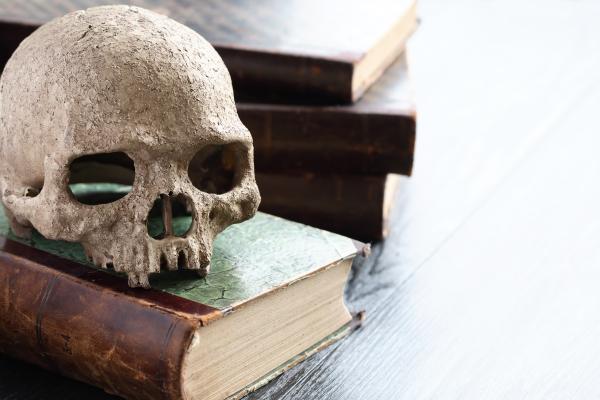It's final night of the Canberra Repertory production of Twelfth Night tomorrow, so it seems appropriate to list these versions of the great bard's final remarks as he lay upon his death bed. Obviously, there is no way of knowing if any of them are true, but that hasn't stopped scholars pontificating - it's what they do.
Five Claims for Shakespeare's Last Words:
- "More light!" - spiritual plea or just asking someone to open the curtains?
- "The rest is silence" - unlikely, albeit poetic.
- "I've had 18 straight brandy-wines. I think that's the record." - Allegedly what his wife claims he said.
- "I have had enough." - The most plausible utterance.
- "Now what?" - This would be my favourite, if I had any say in the matter.





